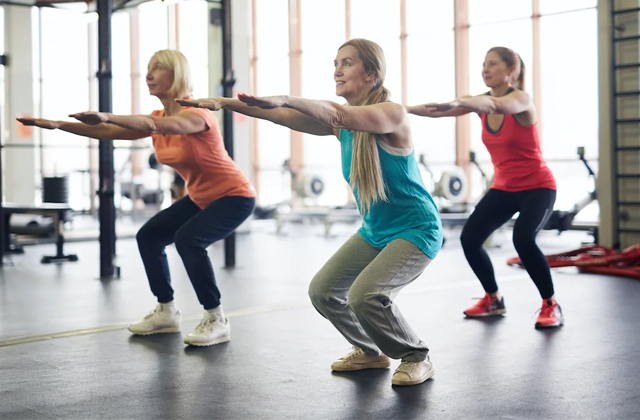
Keratin is a protein of celebrity status in your body, providing strength and health to your hair, nails, and skin. What is it actually, and how can you help your body produce it naturally?
Keratin
Consider keratin as the body’s scaffolding—a tough, fibrous protein that forms the structural constituent of the stratum corneum (epidermis) of your skin, your hair, and your nails. In fact, there are more than 50 types of keratin, each with a specific role. These keratins offer waterproof defense to your skin and give hair its strength and elasticity.
Benefits of Keratin
Apart from appearance, the benefits of keratin go further. Here’s how it benefits your body:
Healthy Hair, Skin, and Nails
Keratin, the main constituent of these tissues, ensures they stay strong, resilient, and shiny. A well-nourished mane is resistant to fractures, while healthy skin has a better barrier against moisture and a youthful appearance. On the other hand, keratin aids in the growth and durability of nails.
Wound Healing
Keratin is involved in the healing process, it helps your skin rebuild after an injury. The keratin is a molecule which promotes cell growth and provides a structure over the wound in order to cover it and allow new tissue to regenerate under the scab.
Protection
Keratin creates a barrier which helps your skin stay healthy by blocking harmful substances and germs. This strong keratin structure protects your skin from bacteria and environmental toxins by ensuring that they cannot penetrate the deeper layers.
Natural Sources for Increasing Keratin Levels
Your body makes keratin naturally, but you can help it along by eating foods rich in these nutrients.
Protein
Keratin is also a protein and it is of great importance to ensure that there is enough protein intake. Lean meats, fish, eggs, and lentils are all good sources. These foods contain the essential components that your body uses to produce keratin.
Biotin
This vitamin of the B family is particularly important for the synthesis of keratin. Biotin works as a coenzyme in numerous cellular processes which also include keratin formation processes. Incorporate biotin rich foods like liver, nuts, and avocados into your diet.
Vitamin A
It is a vitamin that encourages the production of healthy skin cells and is found in orange and yellow vegetables, as well as dairy products. Vitamin A, which is necessary for normal cell differentiation and maturation, is an important component of your epidermal cells that form the skin’s outer layer.
Zinc
Another critical nutrient for forming keratin, zinc can be found in oysters, beef, and chickpeas. Zinc is involved in protein formation and cell division, which are among the essential processes for keratin production.
Optimizing Keratin Production
The main way to ensure that your body gets the ideal keratin levels is to have a balanced diet, loaded with nutrients. Here are some additional tips that can work together to create an optimal environment for keratin production
- Hydration is Key: Water is essential for the body, including the skin, hair and nails. Dehydration makes hair and nails brittle and dry, and it hinders skin function. Target at eight glasses of water each day to ensure your body’s well-functioning.
- Manage Stress: Chronic stress can damage the keratin production process. Stress hormones can impair vital cellular functions and nutrient absorption. Thus, leading to keratin synthesis disruption. Using relaxation techniques like yoga or meditation will help you in keeping stress levels down and will enable your body to recover naturally.
- Prioritize Sleep: Through sleeping, your body repairs itself, including keratin production. While you sleep, your body produces the growth hormone that encourages cell generation and tissue regeneration. Aim for a good quality sleep of 7-8 hours each night to ensure optimal recharging and keratin hormone level.
- Limit Damaging Habits: Smoking and excessive sun exposure may cause the damage of hair, skin, and nails, decrease keratin biosynthesis. Quit smoking and use sunscreen as well as sun-protective clothes to protect you from the sun’s harmful rays.
Supplements vs. Natural Production
Although the keratin supplements are available on the market, the results of their efficacy have not been completely studied yet. In addition, supplements are unable to supply the synergy between nutrients that exists naturally in whole foods. A balanced diet and healthy lifestyle are the most potent weapons to promote natural keratin production in order to maintain healthy skin, nails and hair. You can support your body’s production of keratin, which in turn helps for healthy hair, glowing skin and resilient nails when you provide your body with the nutrients and take healthy habits.

